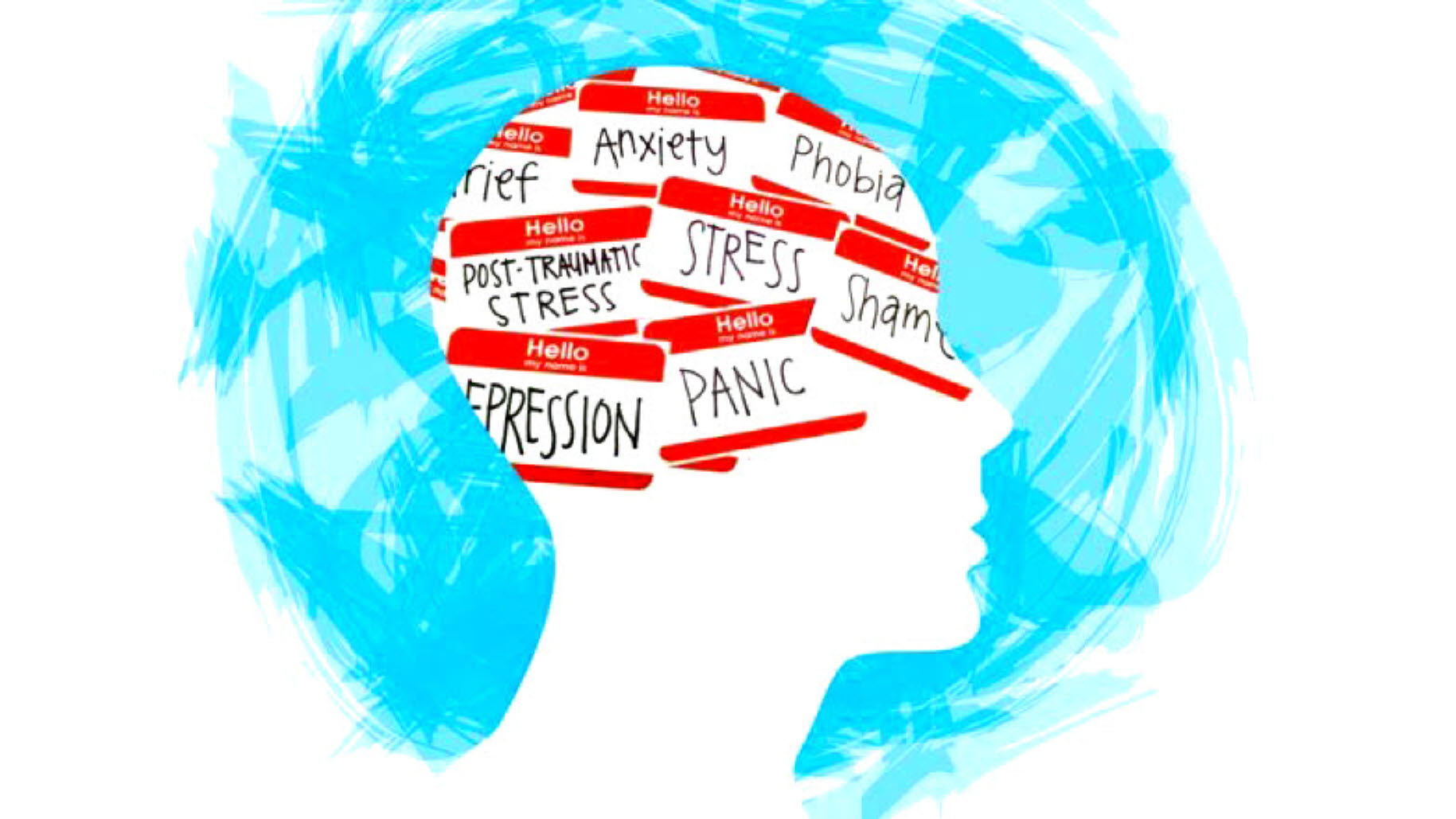
Ian Robinson, Monroe News-Star
The terms “crazy” and “unstable” have become pejorative terms because of the way society views #mentalillness, local professionals say, and this #stigma is causing many to suffer needlessly.
The effort to destigmatize #mentalhealthissues seeks to help more people become more willing to seek the treatment they need.
Kimberly Peters, a #behavior analyst and former therapist in Monroe, said people tend to associate #mentalhealth with not being productive. Peters said when you see a homeless person, the ultimate assumption is that they may have #mentalhealthissues, which is not always the case.
“If somebody had cancer, we wouldn’t stigmatize them,” Peters said. “If somebody had diabetes, we wouldn’t stigmatize them and #mentalhealth is another illness. Why is it that something in your brain is seen as something so different to something in your body?”
#Stress, #depression and the holidays: Counseling professionals give tips for dealing with holiday stressors
#JamesDonaldson notes:
Welcome to the “next chapter” of my life… being a voice and an advocate for #mentalhealthawarenessandsuicideprevention, especially pertaining to our younger generation of students and student-athletes.
Getting men to speak up and reach out for help and assistance is one of my passions. Us men need to not suffer in silence or drown our sorrows in alcohol, hang out at bars and strip joints, or get involved with drug use.
Having gone through a recent bout of #depression and #suicidalthoughts myself, I realize now, that I can make a huge difference in the lives of so many by sharing my story, and by sharing various resources I come across as I work in this space. #http://bit.ly/JamesMentalHealthArticle
#Mentalhealth has become stigmatized politically, socially and historically, according to Northeast Delta Human Services Authority Executive Director Monteic A. Sizer.
“For political reasons, there are public policies that were created that favored one group over another group,” Sizer said. “For social reasons, people developed issues via social groupings, be it their family, be it their peers. Historically, there are cultural and structural barriers that again advantages one group over another.”
Sizer said acknowledging that all humans experience emotional distress in life is a way to encourage mental health.
“You also normalize it by saying political and social factors influence #mentalhealth outcomes,” Sizer said. “Science confirms that about 80% of all #mentalhealth and primary care challenges can be attributed to social and environmental factors. Genetic factors only contribute to a lesser extent or degree.”
More: What’s the difference between #CBD and #THC? Are they legal in Louisiana?
There are disparities between white and #Blackcommunities, Sizer said, however, there are also disparities shown between economically marginalized blacks and whites compared to those who are not marginalized or poor.
“Barriers preventing Blacks from seeking services are largely social,” Sizer said. “We call these barriers ‘negative social determinants of health’ and again, these are contributing factors that creates the atmosphere for additional people needing our services.”
Sizer said some of those barriers include a lack of insurance, not having transportation to treatments, not knowing how to navigate #mentalhealth systems and discriminatory practices in #mentalhealth systems.
#Domesticviolence: Resources are available to help break the cycle
Peters said she is unsure if a group of people receiving #mentalhealth can be based on nationality or the size of a municipality. Peters said large metropolitan areas, such as Atlanta or Dallas, offer more resources towards #mentalhealth.
“It seems it’s the size of the town and resources,” Peters said. “I don’t think you can discount the culture that the person comes from. New Orleans is a big town but it’s a known fact that there’s a large population of untreated #mentalhealth individuals. I do think race plays into it, as well as the size of the town and resources that are put into it, the choices that you have and the bigger hospitals makes a big difference too.”
Resources
Here is a list of available resources for individuals seeking counseling services:
- #Behavioral Developmental Services, 2106 N 7th Street #230, 318-600-6640
- Comprehensive #MentalHealth Center, 1301 Thomas Road, 318-329-9455
- First West Counseling Center, 212 Cypress Street, 318-322-1427
- Northeast Delta HSA, 4800 South Grand Street, 318-362-3339
- Pathways to Recovery, 2106 N 7th Street #106, 318-381-5696
- Preventive Measures, 198 Parkway Circle, 318-600-4225
- Wellspring Alliance for Families, 1904 Royal Avenue, 318-651-9314
Follow Ian Robinson on #Twitter @_irobinson and on #Facebook at https://bit.ly/3vln0w1.
Support local journalism by subscribing at https://cm.thenewsstar.com/specialoffer.
This article originally appeared on Monroe News-Star: Monroe area resources for #mentalhealth, #mentalillness available




